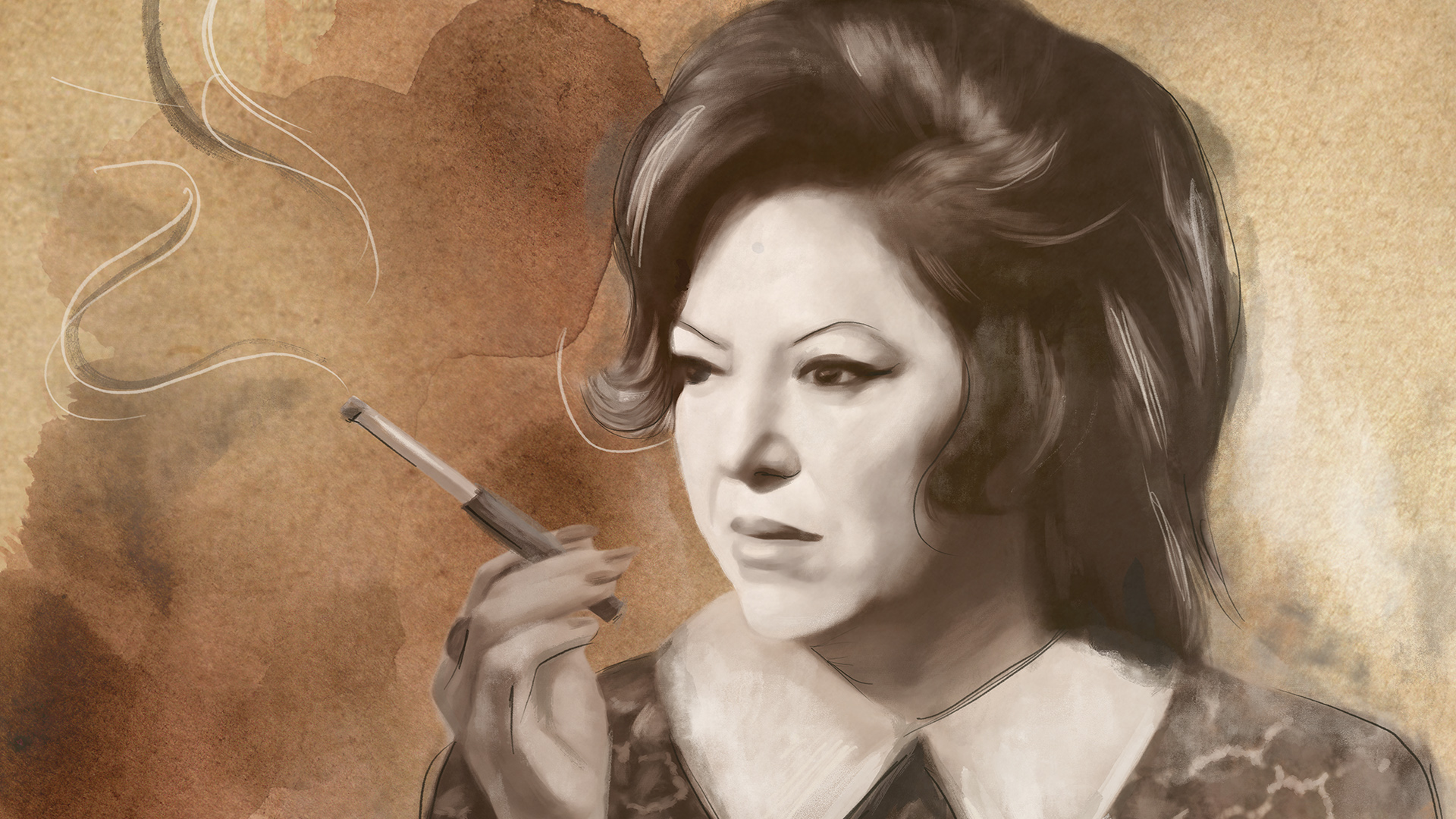BIOGRAFIA
Natália Correia (1923-1993) foi uma escritora, poeta e figura política portuguesa, célebre pela personalidade combativa e pela defesa intransigente da liberdade. Nascida em São Miguel, Açores, mudou-se para Lisboa na juventude, onde iniciou carreira literária e jornalística. Publicou poesia, teatro, romance e ensaio, explorando temas como erotismo, espiritualidade e crítica social. Obras como O Vinho e a Lira e O Encoberto revelam o seu estilo exuberante e culto. Durante o Estado Novo, foi alvo da censura e processada por publicar textos considerados “imorais”. Após o 25 de Abril, foi deputada à Assembleia da República, onde se destacou por discursos mordazes e intervenções em defesa da cultura e dos direitos civis. Natália Correia permanece como símbolo de independência intelectual e coragem, tendo marcado de forma indelével a literatura e a vida pública portuguesa.
AUTO-RETRATO
NATÁLIA CORREIA
Espáduas brancas palpitantes:
asas no exílio dum corpo.
Os braços calhas cintilantes
para o comboio da alma.
E os olhos emigrantes
no navio da pálpebra
encalhado em renúncia ou cobardia.
Por vezes fêmea. Por vezes monja.
Conforme a noite. Conforme o dia.
Molusco. Esponja
embebida num filtro de magia.
Aranha de ouro
presa na teia dos seus ardis.
E aos pés um coração de louça
quebrado em jogos infantis.
